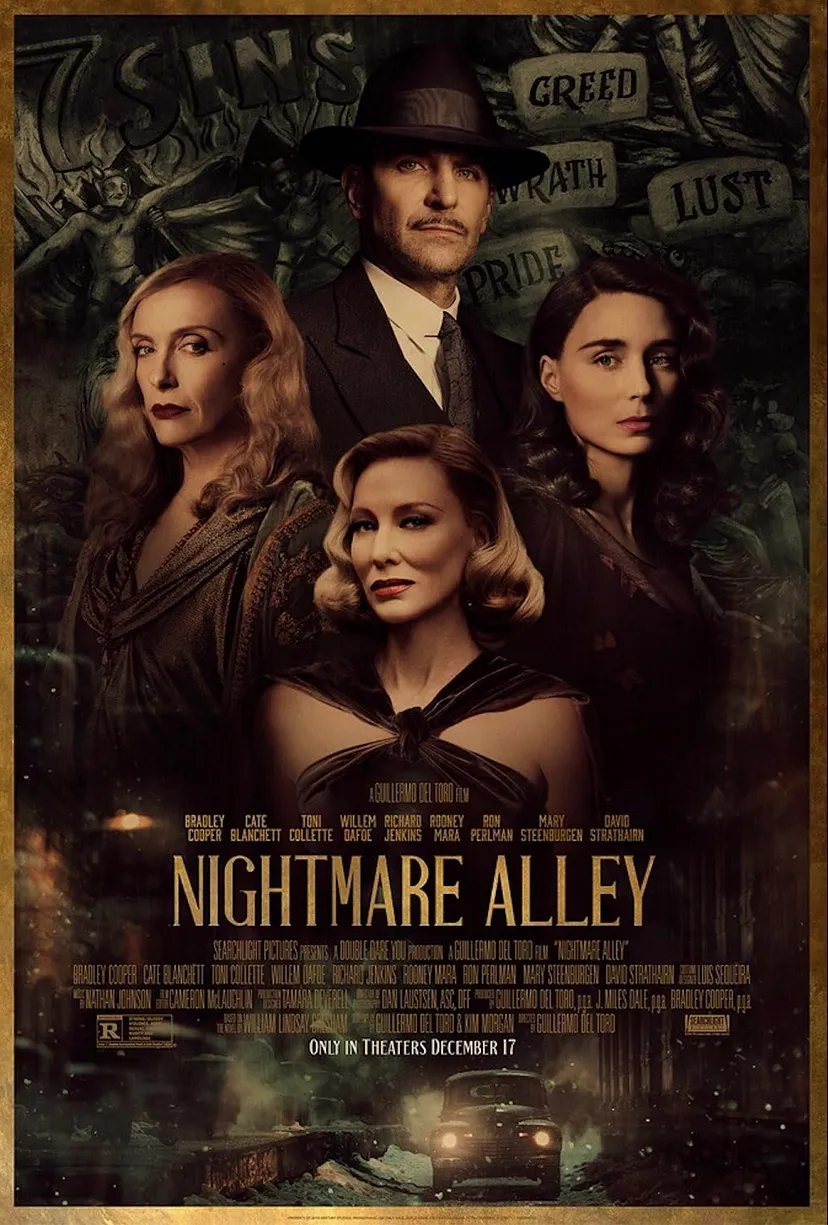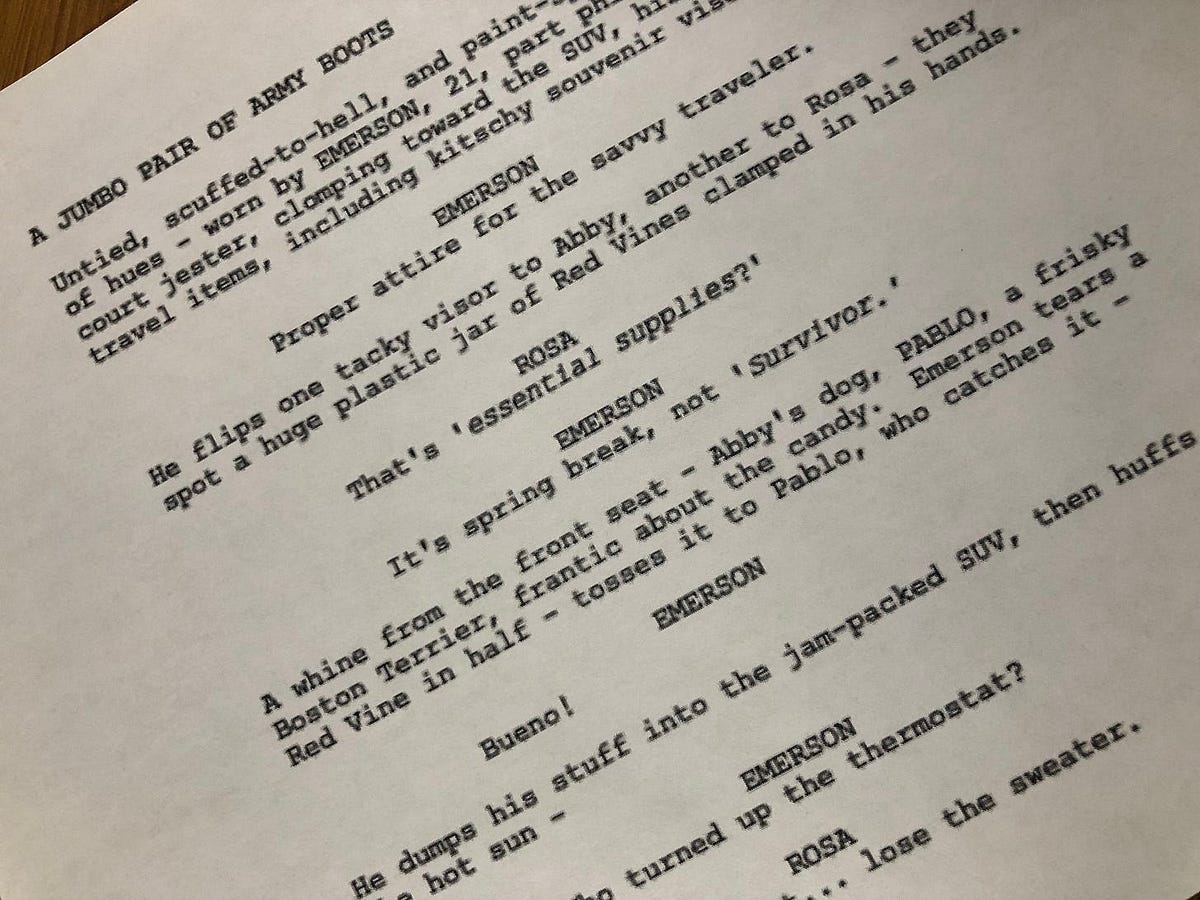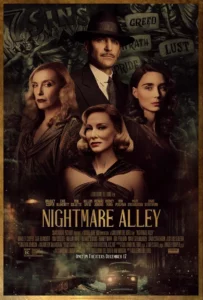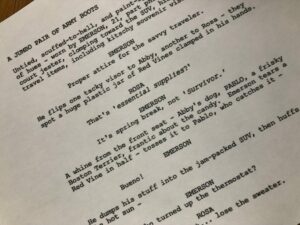“Unlock the Secret to Compelling Screenplays: What Does It Mean to ‘Earn This’?”
When it comes to screenwriting, every writer knows the pressure that comes with crafting a pivotal moment—a scene where a character faces a critical choice. But the question is: have you truly earned that moment in the eyes of your audience? In the whimsically chaotic world of Hollywood, I’ve seen plenty of script meetings where buzzwords fly around like confetti, often leaving more confusion in their wake. With over 30 projects under my belt for major studios (except ABC—long story!), I’m here to share insights from a lifetime of navigating these tricky waters. We’ll dive into the often peculiar, sometimes baffling jargon of the industry, and discuss how understanding these phrases can help elevate your storytelling game. Get ready to dissect the art behind the choice, foibles and all! To embrace this journey fully and laugh through the chaos, let’s explore the deeper truths of earning that moment! LEARN MORE.

When it comes to a scene where a character makes a critical choice, it’s imperative that you — as the writer — have earned that moment.
I’ve been paid to write 30+ movie and television projects for every major Hollywood studio and broadcast TV network except ABC… which is why I do not watch ABC.
[Rim shot]
Over the years, I have participated in hundreds of script notes meetings. During that time, I’ve noticed how certain buzz phrases make the rounds of the Hollywood development community.
For example, a Warner Bros. executive once began a meeting with this comment about my latest script draft: “I like the melody, it’s just some of the notes which need work.”
Clearly something she picked up along the way over cocktails with some of her fellow execs. It comes off as a cool way to make the writer feel good before ripping the script apart.
Another time in a meeting at Paramount, an exec said of a scene in my script, “I like it, but could you make it 30% funnier?”
I blinked and thought, “30%? Not 35%? Not 40. Just 30%.”
So much development jargon and catch phrases, many of them with little value to the story-crafting process.












